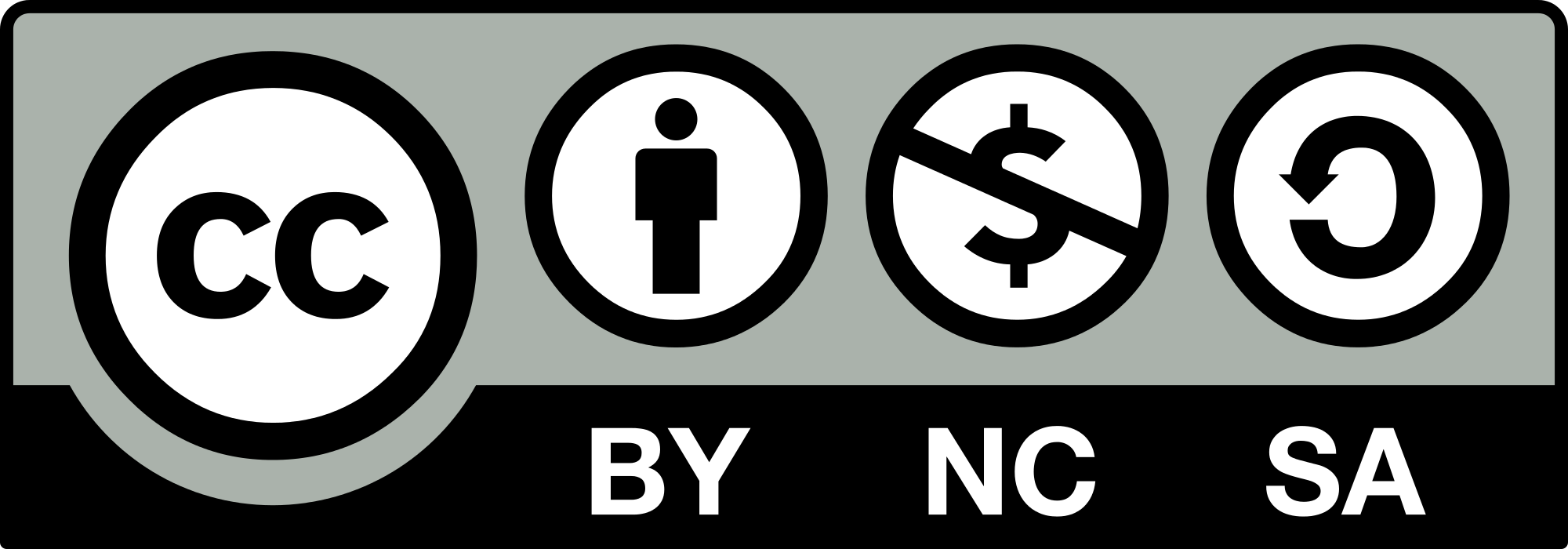Circular economy through the production of edible mushrooms in agricultural waste
Abstract
This research had as objective to substantiate the use of agro-industrial waste as raw material for the cultivation of Pleurotus ostreatus constitutes a technological alternative to solve the problem of waste management, and to demonstrate that these wastes are used, establishing a zero waste process, focused on developing a circular economy inrural areas. The research was a field research based on multiple experimental / crosssectional design, this research was developed at the Sciences Faculty of the Polytechnic Superior School of Chimborazo. The Pleurotus ostreatus strain used in this study was provided by the Industrial Biotechnology Center of the Oriente University of the Republic of Cuba. The study variables determined were: production rate in fresh weight of the harvested mushrooms, biological efficiency, and biodegradation. An analysis of variance (ANOVA) was applied to the results obtained, using the Infostat program. The results showed that the substrate that presented the highest production in grams per experimental unit and a percentage of biological efficiency was the pea pod; followed by wheat straw and corn bagasse. In conclusion, the production of edible mushrooms represent a Zero Waste technology.
Downloads

This work is licensed under a Creative Commons Attribution-NonCommercial-ShareAlike 4.0 International License.

















